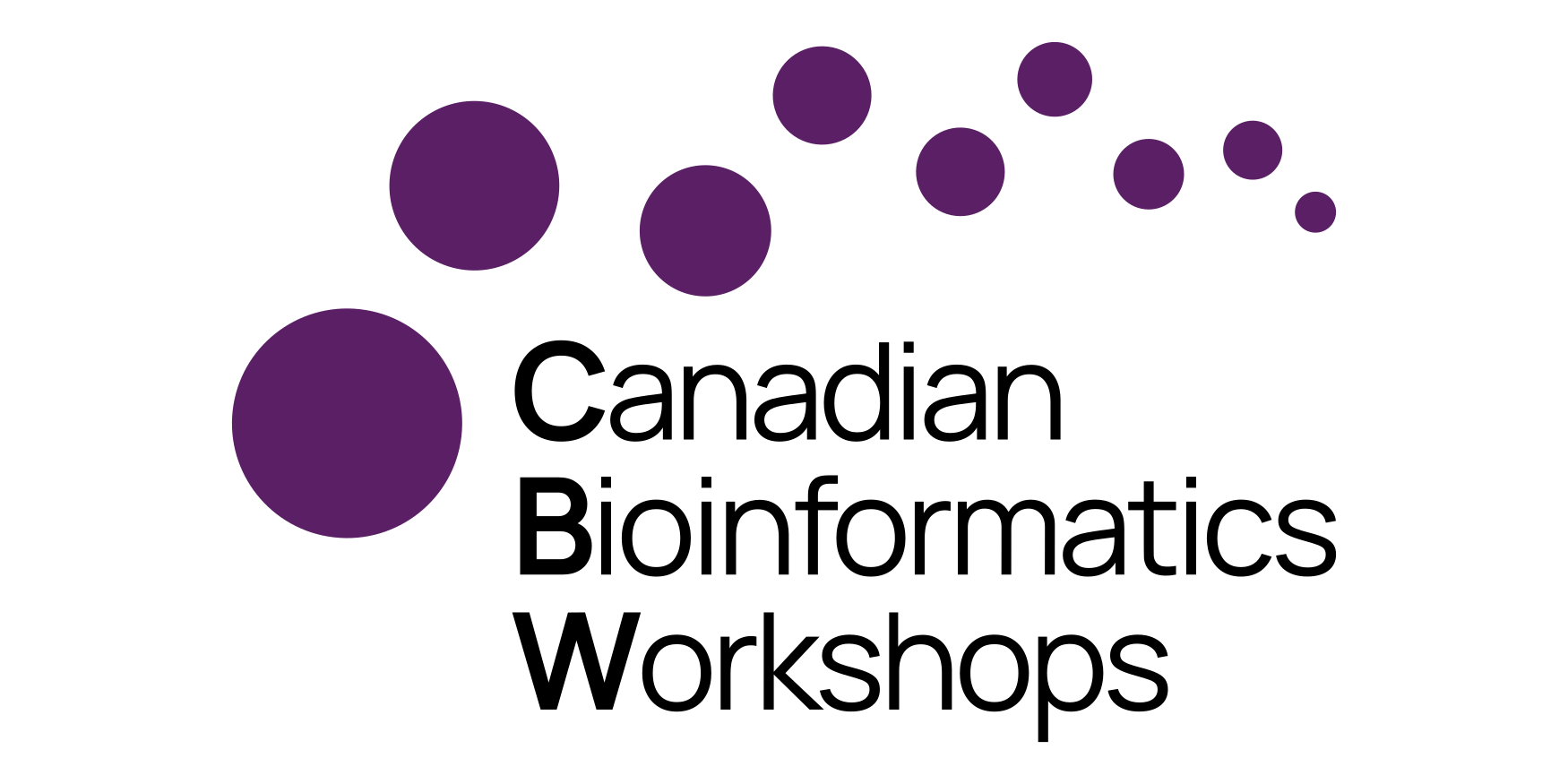(2024) Help! What Statistical Model Should I Use?: Virtual
Date: 19 - 21 August 2024
This is a specialized course designed for bioinformatics professionals and researchers dealing with biological datasets who are unsure about which statistical analysis they should implement. This course focuses on empowering participants to conduct end-to-end data analyses. Learn the art of selecting appropriate statistical methods aligned with research questions, and develop a decision tree guiding data cleaning, exploration, analysis, and interpretation. Engage in hands-on coding sessions in the R software with real-world datasets, learning the skills needed to confidently navigate and communicate insights throughout the analytical process. Particular emphasis will be placed on developing an understanding of the statistical methods used, when to apply them, and how to interpret them. By the course’s conclusion, participants will be equipped with a concise and powerful toolkit for unlocking the full potential of complex biological datasets.
City: Guelph
Region: Ontario
Country: Canada
Prerequisites:
Participants are expected to have completed the ‘Introduction to R’ and ‘Analysis Using R’ courses available through Bioinformatics.ca or possess equivalent proficiency in R. Previous years’ R workshop materials are available open-access here. In particular, we expect participants to feel comfortable with the following skills in R as our course will build upon them: Reading data into R Data types and classes Manipulating data in R with Tidyverse (e.g., select, mutate, filter, etc.) Making plots in ggplot2 Writing custom functions Estimating a correlation matrix Hierarchical and K-means clustering algorithms Fitting a linear regression model with the lm function Fitting a logistic regression model with the glm function You will also require your own laptop computer. Minimum requirements: 1024×768 screen resolution, 1.5GHz CPU, 2GB RAM, 10GB free disk space, recent versions of Windows, Mac OS X or Linux (Most computers purchased in the past 3-4 years likely meet these requirements). This workshop requires participants to complete pre-workshop tasks and readings.
Learning objectives:
Participants will gain practical experience and skills to be able to: Understand the challenges and opportunities presented by complex biological data. Apply fundamental techniques for exploring and summarizing biological datasets. Address missing values through sophisticated imputation methodologies. Analyze relationships within high-dimensional data, both between variables and samples, employing regression methods, regularization techniques, and clustering methods. Integrate various statistical methods into a cohesive workflow to tackle a variety of common problems in bioinformatics from data exploration to interpretation.
Capacity: 30
Event types:
- Workshops and courses
Activity log

